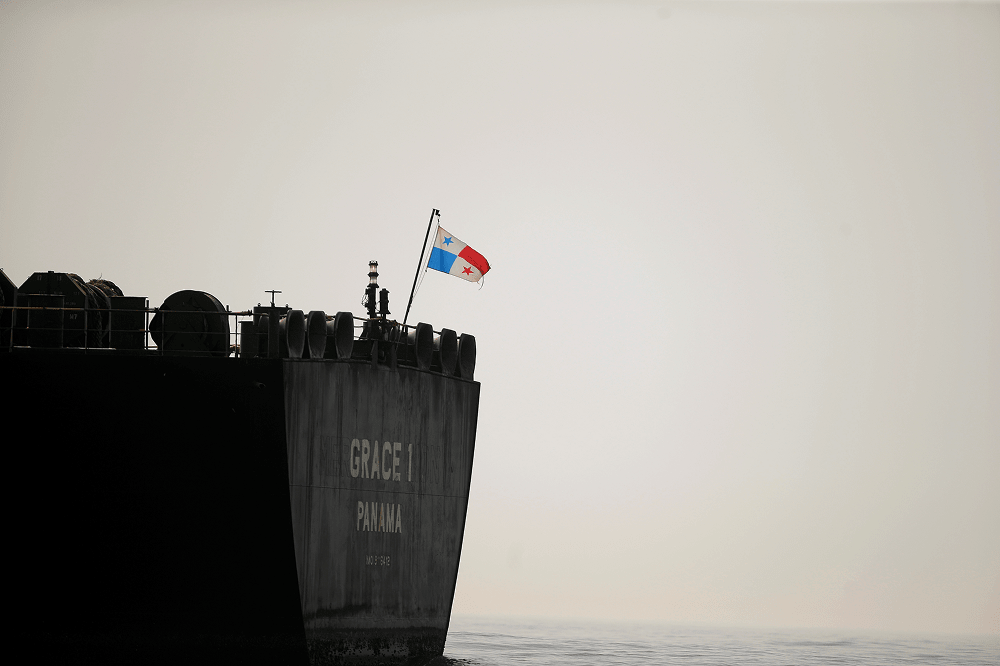Panama Targets Shadow Fleet with New STS-Transfer Tracking Rules
Panama makes a global first with mandatory traceability of STS-transfer, tightening the net on the shadow fleet.

Panama’s ship registry has confirmed a significant improvement in safety performance, reporting a 23% reduction in accidents across its fleet over the past year. According to Seatrade Maritime, the registry recorded 253 incidents between July 2024 and June 2025, compared with 329 cases in the previous 12-month period—a drop of 76 accidents.
The authority credits the gains to stricter enforcement of Annual Safety Inspections (ASI) and its increasingly relied-upon Precheck system, which screens vessels for deficiencies before allowing them to sail under the Panamanian flag.
Speaking to Seatrade Maritime, Panama Ship Registry chief Ramon Franco said the findings demonstrate how proactive filtering has enhanced safety, noting that “Precheck has established itself as a strategic tool for ensuring a safer, more efficient, and reliable fleet, in compliance with international standards.”
The registry has been under pressure in recent years to improve oversight, particularly as the size of its fleet—one of the world’s largest—makes it a focal point for regulators and insurers alike. The latest figures suggest the stepped-up inspections are having a tangible effect.
For shipowners, the improved safety record may strengthen the appeal of the Panama flag at a time when compliance scrutiny is intensifying globally. Analysts cited by Seatrade Maritime suggest that fewer recorded incidents could help reduce risk premiums and improve port state control performance across key trading regions.
Insurers will also be closely monitoring the numbers. With accidents down nearly a quarter, the registry’s improvements may justify more favorable underwriting conditions for Panamanian-flagged tonnage that can demonstrate full ASI and Precheck compliance. Charterers, too, are expected to view the safety boost as a positive differentiator when selecting tonnage for sensitive or high-value cargoes.